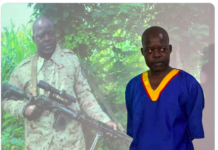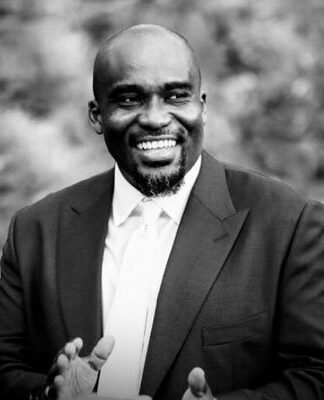KIGALI/AMSTERDAM (Reuters) – The Netherlands has suspended 5 million euros ($6.15 million) in aid to Rwanda over its reported support for rebels in Congo, a spokeswoman said on Thursday, hours after Kigali said a similar move by the United States was regrettable and would be proved wrong.
The Dutch reaction to a report from United Nations experts saying Kigali was backing insurgents in the east of the Democratic Republic of Congo follows Washington’s $200,000 cut in military aid at the weekend.
A spokeswoman for the Dutch foreign ministry said the suspended aid was to have been used for improving Rwanda’s judicial system and that support to non-governmental organizations would continue.
The Dutch government would discuss future aid to Rwanda with other European Union governments and resumption would require an immediate end to Rwandan support for rebels in Congo, she said.
Kigali did not immediately respond to the Dutch move but Rwanda has regularly denied having any link to eastern Congolese rebels and said earlier on Thursday that the U.S. move had been “regrettable” and based on a flawed report.
“It would have been better for the U.S. or any other of our partners to actually take a decision based on clear evidence, not on allegations,” Foreign Minister Louise Mushikiwabo said.
The U.S. cut was seen as a significant shift in policy because Washington has stood by Rwanda in the past despite the tiny nation’s long history of involvement in wars in its vast, unstable neighbor since a 1994 genocide.
Asked if the military aid cut had damaged relations with the United States, Mushikiwabo said: “I don’t think so.”
Clashes between the Congolese army and M23 rebels have forced thousands of people to flee their homes in the last 48 hours, adding to some 260,000 people already displaced since April.
Mushikiwabo also brushed aside a report in Britain’s Guardian newspaper that a U.S. official had warned Rwanda’s leaders they could face prosecution at the International Criminal Court for arming groups responsible for atrocities in the Congo.
“Let’s just take the wildest guess and say that the U.S. government actually does believe that (the leaders might be charged). They wouldn’t announce it through a journalist. That’s not how the U.S. government functions,” she said.
“There is no truth to that. Not only is there no truth to that but it also shows how people are just going wild with this whole Congo thing.”
UNEASY NEIGHBOURS
The U.N. experts accused high-ranking Rwandan officials of backing the Congolese rebels with arms, ammunition and supplies but Mushikiwabo said Rwanda had no reason to support an uprising in a neighboring country.
Rwandan officials had met the authors of the U.N. report in Kigali to give their side of the story, she said. The report’s final version is due to be released around November.
“We went through each one of them carefully, every single allegation, and gave our own rebuttal … I think when the report becomes final in November it should be very clear that this interim report was just a compilation of allegations, a lot of fabrications,” she said.
“What does a photo of a uniform prove? I can get a uniform sewn here in Kigali any time and put it in a report. So what I think is that this report is very superficially plausible but people really need to look at it.”
The M23 rebellion takes its name from a 2009 peace accord the rebels say was violated by Kinshasa.
It has been swelled by hundreds of defectors from the Congolese army who walked into the bush in support of fugitive Congolese General Bosco Ntaganda, wanted by the ICC on war crimes charges.
(Writing by James Macharia and David Lewis; Editing by Louise Ireland)




























































